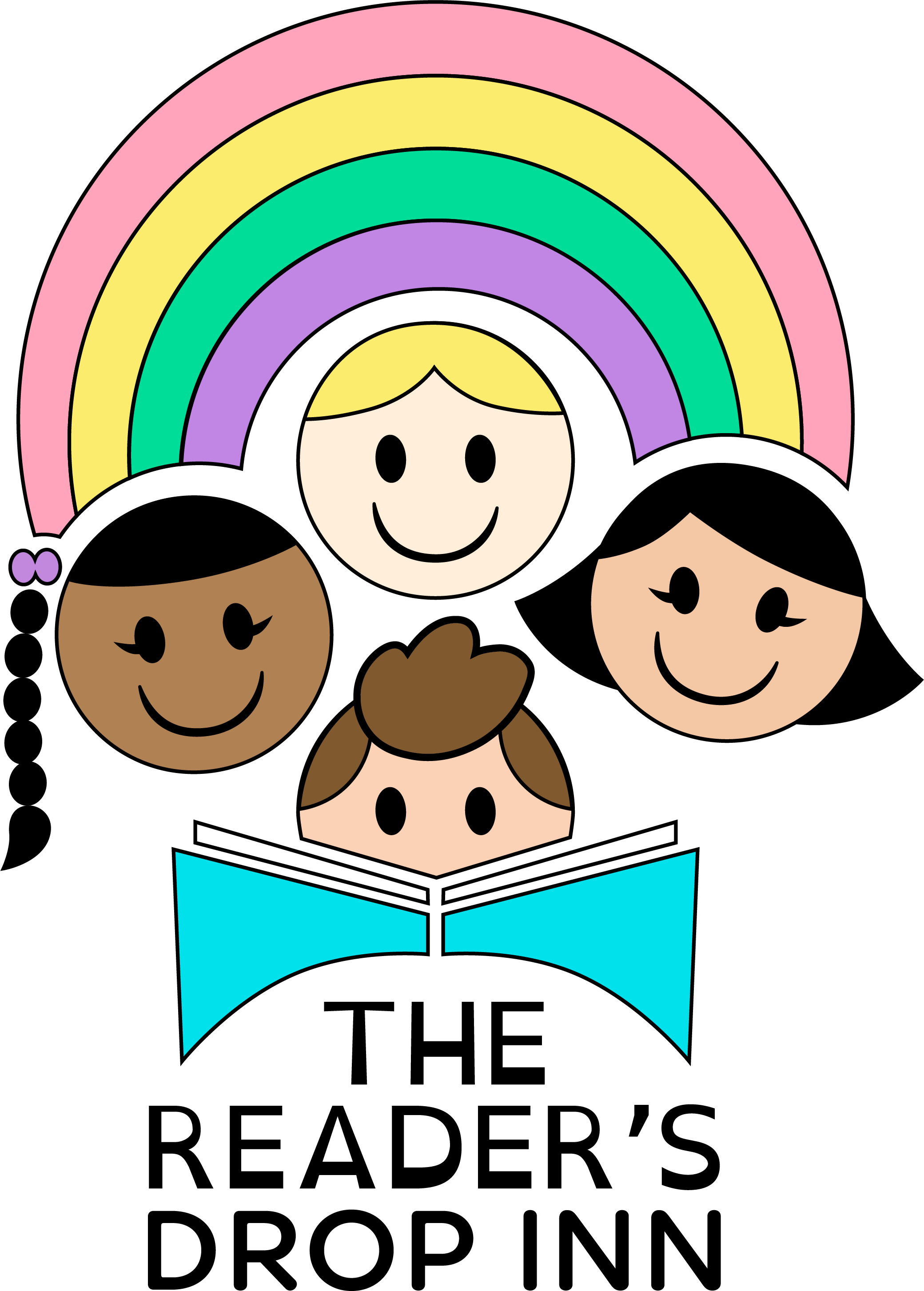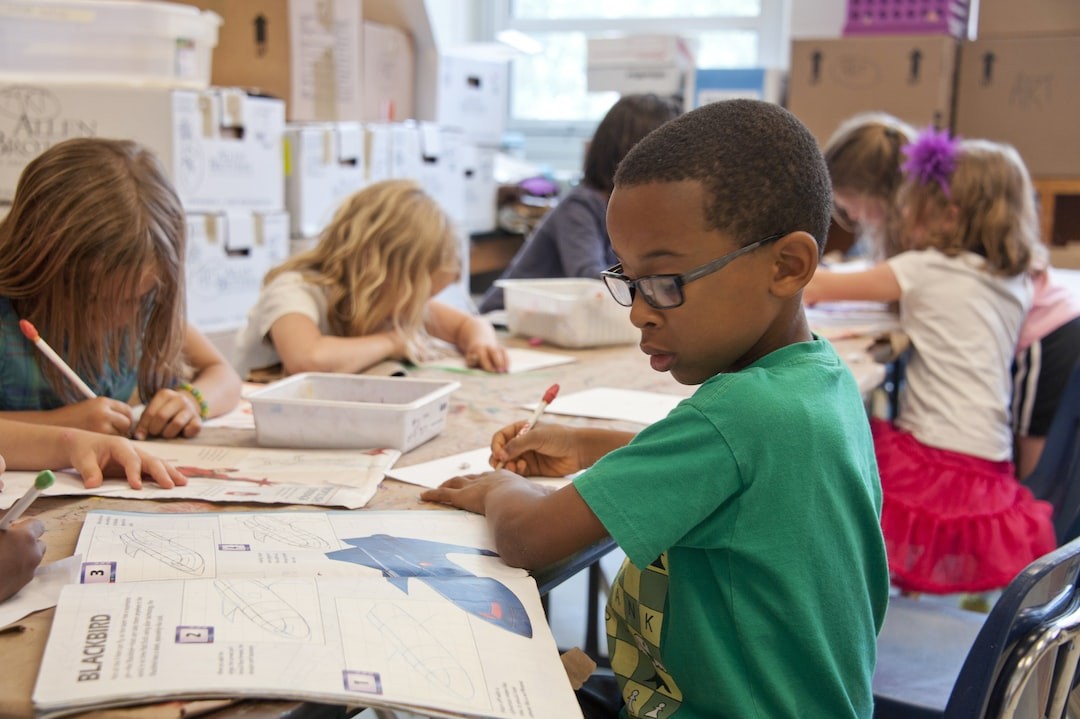Today I want to share a personal literacy story with you. It's about my son's journey with reading. It's had twists and turns, and if I knew then what I know now, things would be different, but we don't know what we don't know. Now all I can do is share my story with you and help you not make the mistakes that I did.
When my son was in kindergarden, pre-pandemic, I volunteered in his classroom once a week during literacy time. I remember feeling shocked when they sat around a little table, "reading" their books. This was before winter break, only a few months into the school year. I had no idea what to do; they couldn't read these books. Or when the kindergardeners paraded down the elementary school hallway chanting, "We are readers; we can read!" But could they really? I wasn't so sure.
Then we moved, and the pandemic hit. Schools closed, and kindergarden ended with short teacher recorded videos.
First grade came, and his teacher was amazing. Zoom school became a thing, and I sat beside my son during class, mostly to make sure stayed through class and didn't run away from the screen.
I worked tirelessly with him that year. Though I was not entirely clear on how to teach him, I made sure he was always using their online reading program, Lexia Core 5, and by the end of the year he was on third grade skills. The teacher was impressed by his litearcy skills and had nothing but high praise.
Then came second grade. I had no idea what phonics skills they were learning in class or how I could support him at home besides using Lexia Core 5. I was shocked when I saw "at risk" for reading on his first report card. What had I done wrong? Everything had been fine in first grade!
Then one day, his teacher gave him a placement test on Lexia Core 5 unbeknown to me. She said that he had admitted to guessing answers. (And while I didn't have an answer then, today I would have told her, "Yes. That's because he's practicing skills that he hasn't been explicitly taught yet.") One day when he was home sick, I had him complete this. I believe he purposely missed answers because he didn't want to do it, and it bumped him back to the the beginning of first grade. All that progress seemingly erased.
By the end of second grade, his report card told me he was on track for reading, though his teacher had never explicitly said anything about reading. Through hard work and determination, I had him continue Lexia, and by the start of 3rd grade, he was to the start of 2nd grade skills. It had been a lot of work, not to mention he didn't like the online program.
In 3rd grade the school adopted a new literacy curriculum, which was basically rebranded balanced literacy. I was shown he was reading at a 2nd grade level according to their leveling system. As someone who's learned about the science of reading, I know that doesn't really mean anything, but as a mom who's a big reader, it doesn't feel good.
Then after spring conferences came the scripted school letter that basically told me that they didn't think he'd be reading at grade level by the end of the year. But why? I wondered. What had changed so much from first grade to third grade?
Last week, I was decluttering when I found his spring conference papers. Under strengths was listed "strong literacy skills." Yet still there was a problem somewhere. At least, that's what the school seemed to be telling me.
So how does an engaged parent help their child become a skilled reader with experiences like this? You learn the science for yourself. You learn how the brain learns how to read, and if the science isn't being implemented in school, you do it at home. The sooner you start, the better. That's why I created this subscription box. Because you need the curated tools and knowledge to help your child read.
Want to learn more about how to help your child read? One of the biggest struggles I see parents of young readers face is worrying if their child will ever learn to read. That’s why I created a free guide full of mistakes parents make with struggling readers and how to fix them. It’s called, The 5 Biggest Mistakes Parents Make with Their Struggling Reader: https://thereadersdropinn.ck.page/43630d5646. (Again, it’s totally free!)
Thanks for reading, and I'll see you next week.


